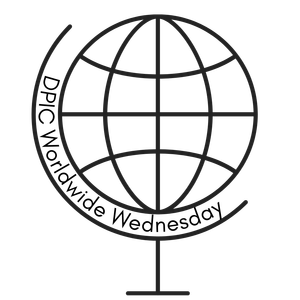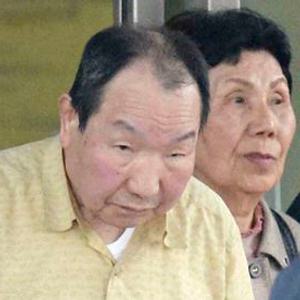
The United States and Japan are the only two retentionist countries among the Group of Seven (G7) leading industrialized democracies. But Japan did not carry out any executions in 2023 and imposed just three new death sentences. The pause meant that the U.S. was the only G7 nation to perform any executions in 2023.
Commentators have cited a number of reasons to explain the pause. Some have opined that Japanese officials were concerned about heightened international scrutiny as Japan presided over the G7 in 2023. Others noted that the resignation of the justice minister in 2022 made it politically difficult to schedule executions in 2023. In 2022, Yasuhiro Hanashi was forced to resign as justice minister after coming under fire for a remark he made about the death penalty. According to the Asahi Shimbun, “Hanashi made a joke out of his duty to authorize executions, effectively saying it was the only time a justice minister comes to national attention.” This made it politically difficult for his successor, Ken Saito, to immediately authorize executions. At the same time, JM Saito was also contending with revelations that a number of prison guards had assaulted prisoners, and subsequent changes in the Japanese cabinet in 2023 also made the scheduling of executions a lesser priority.
Japanese law requires that the Justice Minister schedule an execution within six months of when a death sentence is finalized, but in practice, prisoners spend an average of about 15 years on death row while their sentences are reviewed. The country currently has 106 people on death row; three prisoners died on death row in 2023. Japan’s last execution took place on July 26, 2022, when Tomohiro Kato was hanged for killing seven people in a 2008 attack in Tokyo.
Japan’s death penalty law requires that executions must be carried out in utmost secrecy. Death-sentenced prisoners are kept in strict solitary confinement and monitored by 24-hour surveillance cameras. Prisoners are informed just one hour before their sentence is carried out, so their families and lawyers only learn about the execution after the fact. In November 2021, two death row prisoners filed a lawsuit with the Osaka District Court in which they demanded damages for mental distress based on the claim that “informing death row inmates that their death sentence is to be carried out on the day of their deaths is unconstitutional and inhumane.”
For several years, the Japan Federation Bar Association has advocated for a greater role for capital defense counsel in death penalty cases and for abolition of the death penalty in general, but support for the death penalty in Japan remains high.
Kazumichi Kubota and Ryuichiro Fukuoka, No executions in Japan in 2023; last one was for Akihabara killer, The Asahi Shimbun, December 29, 2023; Akira Iida, Japan executes no death row inmates in 2023, The Mainichi, December 30, 2023; Sakamoto Toshio, The Pressure of Death Row: Corrections’ Officers Thoughts on the Death Penalty, Nippon.com, April 14, 2023; EDITORIAL: Hanashi debacle delivers another blow to Kishida’s shaky leadership, The Asahi Shimbun, Nov. 12, 2022; Japanese Federation to Create Death Penalty Representation Guidelines Modeled After ABA Guidelines, January 1, 2015 at https://www.americanbar.org/groups/committees/death_penalty_representation/project_press/2015/Winter/japan-federation-of-bar-associations-to-create-death-penalty-rep/.
International
Jun 05, 2024

Worldwide Wednesday International Roundup: China, Iran, Malaysia, Nigeria, Saudi Arabia, and Zimbabwe
International
Mar 15, 2024

